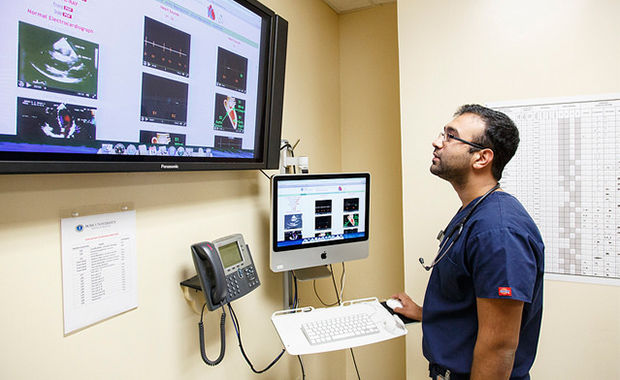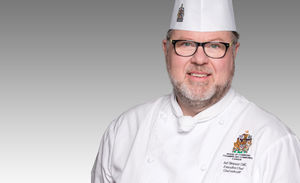Calgary Flames President Brian Burke On Why Higher Education Helps Get You To The Top
Industry Insight Mediaplanet caught up with Brian Burke in an exclusive interview where he revealed the importance of having a higher degree.
Mediaplanet You received your law degree from Harvard in 1981. Why was it important for you to pursue a higher education?
Brian Burke I had applied to law school while I was in the final year of my undergraduate degree as I really felt that an advanced degree was critical for me. I wasn’t sure exactly what I wanted to do, but I knew that this was a tool in my toolbox that I wanted to have. I was guided into law by my hockey coach, but I really believe that any time spent on higher education is time well spent.
MP How did your degree help prepare you for the workforce and has it contributed to your successful career?
BB Yes, it has undoubtedly contributed to my career. What a graduate degree does is train you in that discipline. However, it also teaches you the value of hard work at a highly competitive level and it says to the employers of the world, this person is disciplined, committed, smart, and hardworking. So I think when it comes time to convert that degree into a job, you always recover the money spent.
MP In your opinion – have continuing education programs opened the door for individuals who are looking to advance their career?
BB No question. It’s the first thing I look at when I get a resume. I think that the higher education world is shifting somewhat. People are making the choice not to abandon their careers to go to school full-time. Instead, they will continue their education while continuing to work. I compare myself to my son. I got my law degree in three years going to school full-time.
My son got his degree in four years going part-time. During those four years of schooling he was also able to get four years of valuable work experience as a National Hockey League scout. I think that’s time better spent.
"I really believe that any time spent on higher education is time well spent."
MP How has today’s current economy influenced the value of gaining further credentials?
BB Anytime the economy gets tight, the criteria for hiring, as well as the bar, goes up. So for me, it’s a no-brainer to say that a person with an advanced degree is in a better position in the job market. As the market gets tighter, the value of an advanced degree gets even higher.
We also look very strongly upon community service, volunteer work, and rapid promotion within the workplace that they’re in—all indicators of success. If we get two resumes that are the same in terms of work experience, we’re going to start with the person that has the higher degree.
MP Online education seems to be a growing platform of schooling. How has this non-traditional form of teaching helped students attain degrees?
Having an MBA will give you a better position in the job market. Credit: Calgary Flames
BB First off, it deals with geographical remoteness. You can attend university in Florence, Italy and live in Halifax. It’s eliminated the geographical barriers to education. It has also allowed people to continue working and pursue a degree or pursue a degree while being a parent.
So you can be a stay-at-home mom with two kids, looking after your family, and still pursue your education. It is the fastest growing trend in education in the last twenty years and will continue to be the fastest growing in the next twenty.
MP What made you get involved in education and the Business of Hockey Executive MBA Program?
This was not an original idea of mine but the first time it was floated in a conversation I said this has great appeal to me. Let’s take the components of any executive MBA; the finance part, the learning, the financial background, and the historical core elements of an executive MBA and then let’s add hockey flavour and hockey expertise to it.
So this is not a hockey only executive MBA. It is the core elements of an executive MBA plus some hockey-specialized instruction. I think it’s very exciting!
MP What attributes are you looking for from someone applying to the Business of Hockey Executive MBA program?
BB I’m not on the admissions committee but I think obviously someone who desires to have a career in management in hockey that has the requisite intellectual ability, and that has the commitment and desire to work hard. The same qualities that anyone would be looking for in an executive MBA plus the added level that they want to work in professional hockey.
MP How do you think having an MBA will help a person who is aiming for a career within the NHL or any other professional hockey organization?
BB First off, this is like when I went to law school, I wasn’t sure I wanted to practice law. The act of getting the degree had tremendous value to me. The discipline and the intellectual awakening of going through the program. I felt that law school had great value to me even if I never practiced law.
I feel the same way about this program, that people are going to benefit from this whether they work in hockey or not. That being said, I think it will put people to work for hockey teams as it gives someone a leg up on someone who just did a traditional executive MBA.





.jpg)














